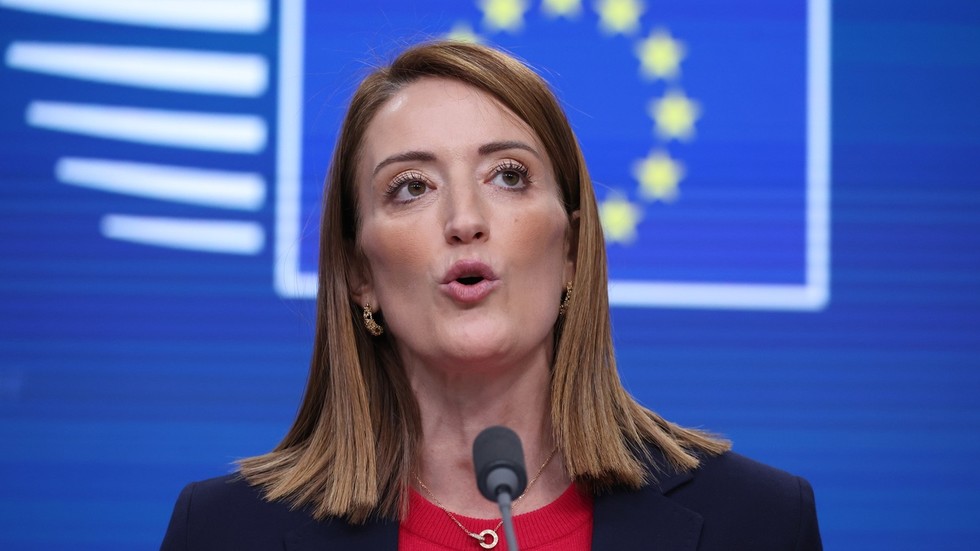The Federal Government has cautioned against the planned strike by organized labour, set to commence on Monday, stating it would exacerbate the economic hardships faced by citizens. Minister of State for Labour and Employment, Nkeiruka Onyejeocha, urged labour unions to avoid actions that could lead to job losses, particularly within the Organised Private Sector, which employs the majority of the workforce.
Onyejeocha, speaking through her media aide Emameh Gabriel, emphasized that striking amidst ongoing negotiations is counterproductive and would worsen the plight of millions already struggling to make ends meet. This response comes after the Nigerian Labour Congress (NLC) and Trade Union Congress (TUC) decided to strike on June 3, due to a stalemate in negotiations over a new national minimum wage.
“The government has shown consistent commitment and goodwill throughout negotiations,” Onyejeocha stated, highlighting that proposals were crafted with economic realities in mind. These include a wage increase to N60,000 for federal workers, CNG-fueled buses, and enhanced financial access for MSMEs.
She also noted that the government has plans for strategic investments in agriculture, manufacturing, education, and healthcare. The goal is to establish a sustainable and realistic minimum wage, balancing workers’ needs with economic stability.
The government aims to ensure any agreement reached does not jeopardize economic progress, maintaining workforce harmony and driving national growth.



